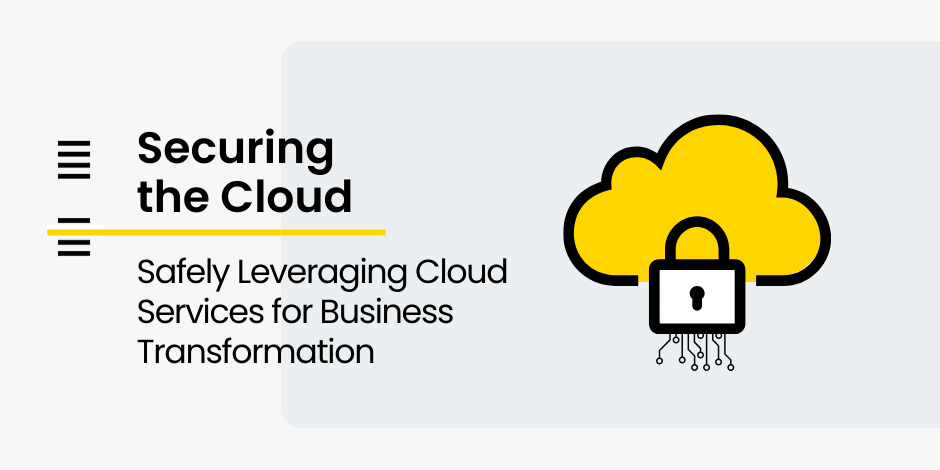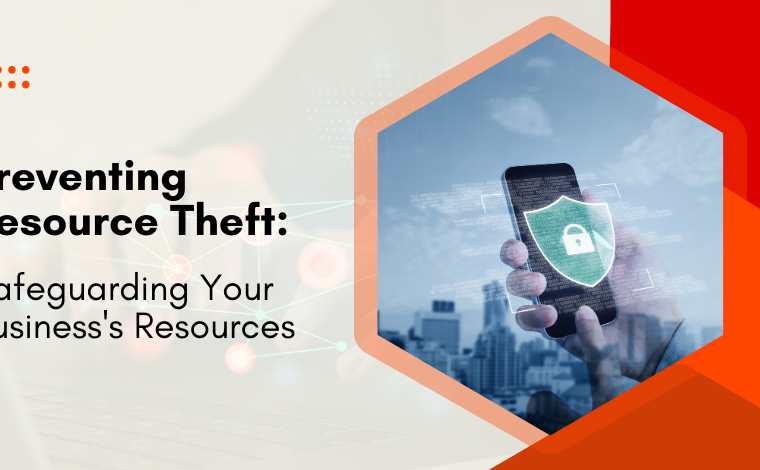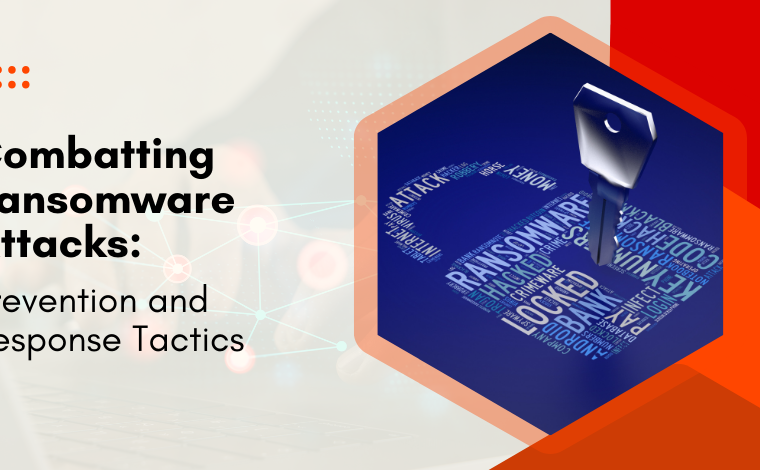Securing the Cloud: Safely Leveraging Cloud Services for Business Transformation

Stay Informed With Our Weekly Newsletter
Receive crucial updates on the ever-evolving landscape of technology and innovation.
One of the most transformative technologies to emerge in recent years is cloud computing. Securing the cloud offers numerous benefits, such as scalability, flexibility, and cost-efficiency, making it an attractive option for businesses of all sizes.
However, with great opportunities come great risks, and securing the cloud has become a top priority for organisations.
We explore the importance of cloud security in business transformation and provide essential strategies for securing the cloud.
Understanding the importance of cloud security in business transformation
In today’s digital age, securing the cloud plays a crucial role in enabling business transformation. The ability to store data, run applications, and access resources remotely offers unparalleled flexibility and agility.
Securing the cloud allows organisations to scale their operations efficiently, collaborate seamlessly, and gain a competitive edge in the market.
On the other hand, it also introduces new security challenges that must be addressed.
Identifying potential security risks in cloud computing
While cloud service providers are responsible for securing the underlying infrastructure, businesses must take charge of securing their data, applications, and user access.
Common security risks in the cloud include data breaches, insider threats, insecure application programming interfaces (APIs), and lack of data visibility. In 2022, organisations worldwide detected 493.33 million ransomware attacks and faced a global average data breach cost of $4.35 million.
Understanding these risks is crucial for developing an effective cloud security strategy.
Data breaches
One of the key security risks in cloud computing is the potential for data breaches. As businesses increasingly rely on cloud services to store and process sensitive information, the risk of unauthorised access to this data becomes a significant concern.
Hackers are constantly evolving their techniques to exploit vulnerabilities in cloud systems, making it essential for businesses to implement robust security measures to protect their data.
Insider threats
Another security risk that organisations must be aware of is insider threats. While cloud service providers have measures in place to secure their infrastructure, it is the responsibility of businesses to control access to their cloud resources.
Insider threats can arise from disgruntled employees, contractors, or partners who have access to sensitive data and may misuse it for personal gain or malicious purposes.
Implementing strong access controls and monitoring systems can help mitigate the risk of insider threats.
Insecure application programming interfaces (APIs)
Insecure APIs pose another significant security risk in cloud computing. APIs allow different software applications to communicate and interact with each other.
However, if these APIs are not properly secured, they can become a gateway for attackers to gain unauthorised access to cloud resources.
It is crucial for businesses to ensure that APIs are properly authenticated, encrypted, and regularly updated to prevent potential security breaches.
Data visibility
Lack of data visibility is yet another challenge in cloud security. When organisations move their data to the cloud, they often lose visibility and control over their data.
This lack of visibility makes it difficult to monitor and detect any unauthorised access or data breaches.
Businesses must implement robust monitoring and logging mechanisms to gain visibility into their cloud environments and promptly respond to any security incidents.
Essential strategies for securing the cloud

One of the fundamental aspects of securing the cloud is implementing robust access controls.
This involves using strong authentication mechanisms, such as multi-factor authentication, to verify the identities of users accessing cloud resources.
Additionally, businesses should adopt the principle of least privilege, granting users only the permissions necessary to perform their duties.
Regularly reviewing and revoking excessive access rights is essential to minimise the risk of unauthorised access.
Ensuring data encryption in transit and at rest
Data encryption is a critical component of securing the cloud. Encrypting data in transit and at rest ensures that even if it is intercepted or stolen, it remains indecipherable without the proper decryption keys.
Implementing encryption protocols, such as secure sockets layer (SSL) and transport layer security (TLS) for data in transit, and advanced encryption standard (AES) for data at rest, provides an additional layer of protection.
Businesses should also consider implementing data loss prevention mechanisms to identify and prevent sensitive information from being exposed in the cloud environment.
The role of compliance in cloud security
Compliance with regulatory requirements is of paramount importance when leveraging cloud services. Different industries have specific regulations governing the handling and storage of sensitive data.
Before adopting cloud services, organisations must thoroughly understand the regulatory landscape and ensure that their chosen service provider complies with these requirements.
This includes understanding data residency and data sovereignty laws that govern where data can be stored and processed.
Building a culture of security in your organisation
Employees are a critical asset in maintaining cloud security. Educating all personnel on cloud security best practices is essential for creating a culture of security within the organisation.
This includes training employees on identifying phishing attacks, using strong passwords, and being aware of potential social engineering tactics.
Regular training sessions and awareness campaigns can help reinforce the importance of cloud security and empower employees to make informed decisions.
Promoting a proactive approach to security
Creating a proactive approach to security is vital for effective cloud security. Organisations should establish incident response plans to quickly and effectively respond to security incidents.
Regular vulnerability assessments and penetration testing can help identify weaknesses within the cloud environment.
Implementing a robust monitoring and logging system enables real-time detection of suspicious activities, allowing immediate response and remediation.
Evaluating cloud service providers for security

When selecting a cloud service provider, organisations must consider various factors to ensure the security of their data and applications.
Some key considerations include the provider’s security certifications and compliance with industry standards, their track record in handling security incidents, data backup and recovery mechanisms, and the transparency of their service-level agreements.
Conducting thorough due diligence and assessing the provider’s security capabilities is crucial in making an informed decision.
The importance of transparency and trust in cloud services
Transparency and trust are essential elements of cloud security. Organisations must have a clear understanding of how their data is being protected and who has access to it.
When selecting a service provider and securing the cloud, it’s essential to establish a trusting and transparent relationship.
Cloud service providers should offer transparency in their security practices, including regular reporting on security incidents and compliance with industry standards.
In conclusion
In the rapidly evolving digital landscape, securing the cloud is paramount for businesses undergoing transformation.
Understanding its importance, implementing essential strategies, ensuring compliance, fostering a culture of security, and evaluating cloud providers are all crucial steps for minimising risks and securing the cloud.
Dive into cloud security and more in our extensive programs tailored for full-time and part-time commitments, or schedule a complimentary career consultation with our team to discuss our programs in more detail.




